Noise Anxiety In Dogs
“Anybody who doesn’t know what soap tastes like never washed a dog.” – Franklin P. Jones (humourist)
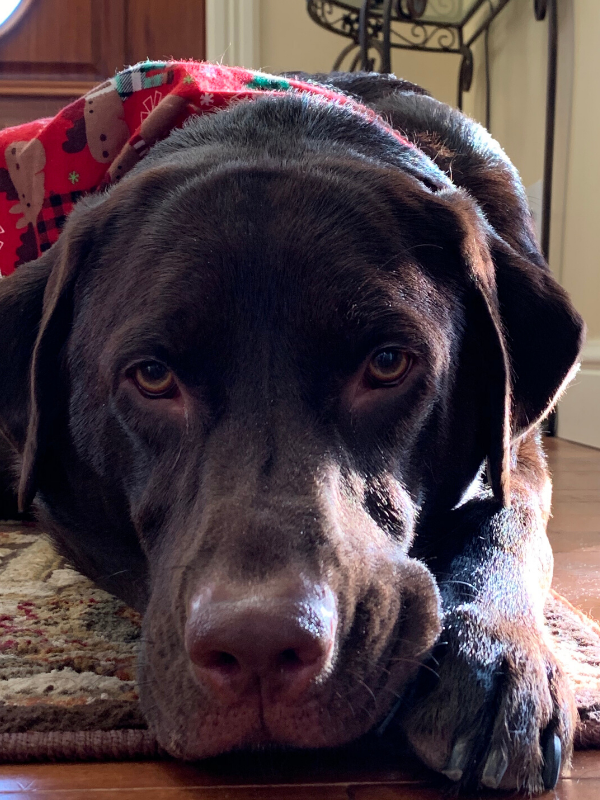
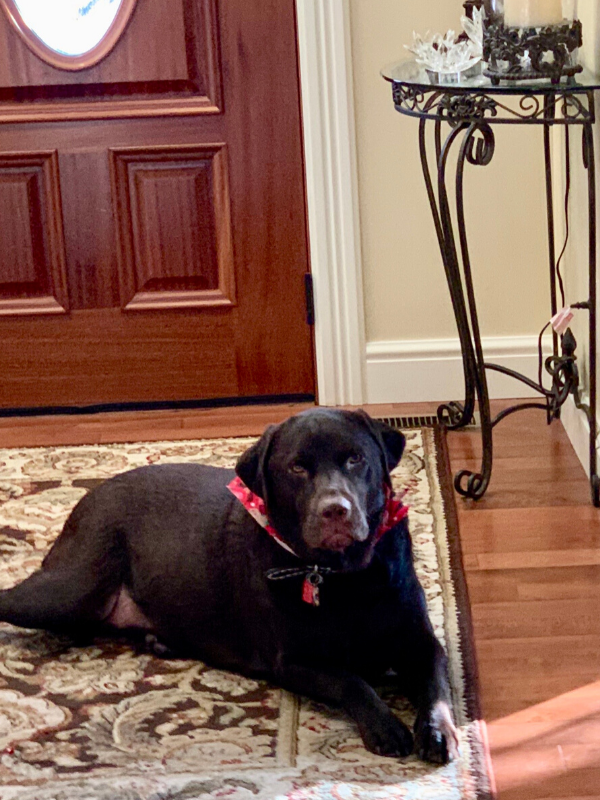
Looking for more blog posts on pet health and safety, check out my older posts here. For my new subscribers, a big thank you for subscribing. I always list more blog posts at the bottom along with Amazon products pertaining to each post. Just click on the icon of interest and if purchased, I receive a small commission from the purchase.
Protecting Your Pups Paws On Hot Pavement
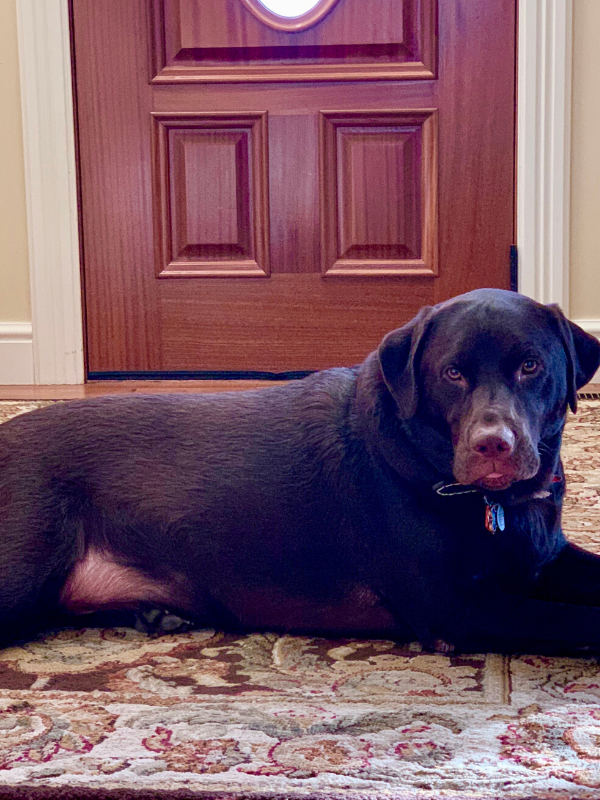
“My dog is half pit-bull, half poodle. Not much of a watchdog, but a vicious gossip.” – Craig Shoemaker (comedian)
What are the symptoms of noise anxiety?
Noise Anxiety is a very common problem for dogs across the country. The estimates vary, but somewhere between 5 million and 15 million dogs suffer from noise anxiety severe enough for their owners to seek help. Noise anxiety can be caused by anything from a storm coming to a clocking ticking. It also depends on what the dog has been through in his life. I have a friend who adopted a dog from a shelter and the ding of email coming through on his cell phone sends the dog running to safety in his crate. They literally have to put their cell phones on vibrate to avoid the dog from being scared and upset.
Noise anxiety can exhibit many symptoms and severity levels. On the less extreme end of the spectrum, a fear of thunder may just cause some shaking and clinging to her owner. On the other extreme, thunder may cause panicked running, destructive chewing, defecating indoors, or even jumping through a plate glass window! Some owners aren’t even aware that a negative behavior they are seeing is actually caused by noise anxiety. For example, does your dog get upset when you take photographs using a flash? That may be noise anxiety! The flash may remind your dog of lightning and she becomes frightened that a storm may be coming.
What are the causes of noise anxiety?
Sometimes we can determine the cause of the anxiety such as being to close to fireworks going off and your associating the bright flickers of light and loud noises to his experience with being to close and being scared. Your dog may have a genetic predisposition for noise anxiety. Studies have shown that some breeds, such as Collies, Golden Retrievers, and German Shepherds, have a higher incidence of noise anxiety. For some dogs, noise anxiety gradually appears and worsens as they age for no apparent reason. For other dogs, it appears as a puppy and stays with them.
It also seems that Thomas is correct when he says to leave the dogs alone and not make a big deal out of something. Studies show that when a dog’s owner reacts to a negative situation, the dog will tend to fear it more. Everyone around the dog should act as they normally would and go on about their business.
What are the treatments for noise anxiety?
Some can be time consuming and costly but we will do whatever it takes to make our pets feel safe!!
- Change the dogs environment:
Try creating a safe haven for your dog by changing his crate and making it more comfortable or covering it with a blanket making it a safe haven for it to go.
Try turning on music or the TV to muffle the sounds of the noise that is causing his anxiety. - Pressure Wraps:
A “pressure wrap” is anything that wraps around the dog’s torso and chest to provide a constant, gentle pressure. - Behavior Modification:
Desensitization is the most common behavior modification tried for noise anxiety. In a nutshell, in a controlled environment, you begin by exposing your dog to a low level of the noise that bothers her. As she gets accustomed to it, you increase the levels louder and louder over time until she learns to tolerate the real deal. If you want to give it a try, several books are available on the subject. - Medications:
If your dog’s anxiety is serious enough, there are a variety of prescription medications that your veterinarian may suggest. Some are administered on a regular basis for the life of the dog. Some are given only at the time of an anxiety event. Sometimes a combination of drugs are used. If you go this route, make sure you ask your vet about any potential risks and side effects with the drug(s) you’re considering. - Pheromone Replication:
Talk to your vet about the products on the market that captures and replicates the pheromones a mother dog uses to calm her pups.

You Might Also Like
What To Do If Your Dog Gets Bit By A Venomous Spider
Happy Wednesday, everyone! I was sitting on our back patio a few nights ago watching Jake watch a spider crawl in front of him. This gave me an idea for a blog post on spiders and What To Do If Your Dog Gets Bit By A Venomous Spider. Fortunately, Jake didn't make a...
Pet Cloning: What Is It And How Does It Work?
Happy Wednesday, everyone! Pet Cloning…What is it, and how does it work? I recently found an article in Modern Dog Magazine, “Meet Mella, The Cloned Winery Dog,” about how a California winery spent $50,000 cloning their dog. Before reading the article, I had two...
What Spring Weather Will Reveal About Your Home
Happy Wednesday, everyone! What Spring Weather Will Reveal About Your Home. Spring weather can be quite the revealing element! After weathering the winter out, with all the cold, rain, and dryness it brings, blooming into spring will highlight everything wrong with...

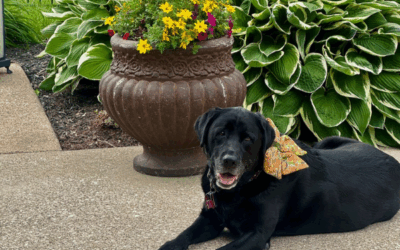
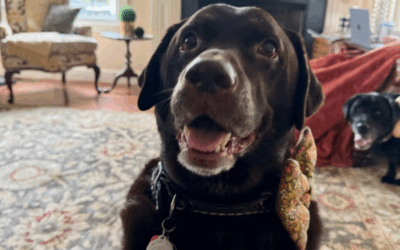
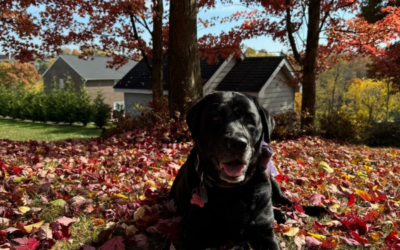
Good info on trying 2 keep your pets anxiety down especially around this upcoming 4th of July holiday. ????
Thank you. Jake And Maggie get so nervous but fortunately when we are calm and say it’s going to be ok, they calm down.
A great reminder blog! Happy noiseless 4th!
Thank you! Yes, I’m hoping for a noiseless 4th but in our neighborhood, they love their fireworks. Jake And Maggie are very afraid of the noise so we always stay home with them.